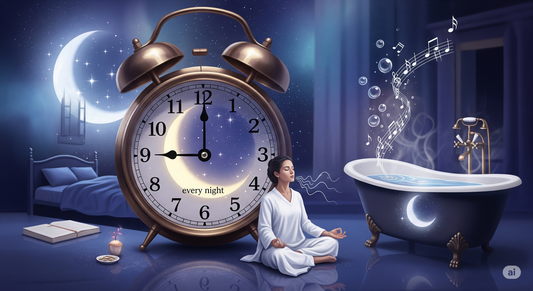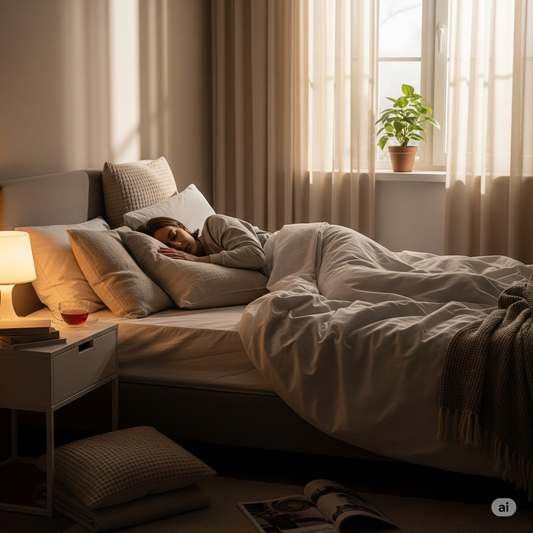
Scrolling Before Snoozing: How Your Phone is Ruining Your Sleep
In today’s digital world, many people wind down at night by scrolling through their phones before bed. Whether it’s checking social media, watching videos, or reading emails, using a phone before sleep has become a common habit. However, research suggests that this seemingly harmless activity could be significantly affecting the quality of your sleep.
The Science Behind It
The main culprit behind poor sleep quality is blue light emitted by phone screens. This light interferes with the production of melatonin, the hormone responsible for regulating sleep. When melatonin levels drop, falling asleep becomes harder, and sleep cycles can be disrupted. Studies have shown that exposure to blue light before bed can delay the onset of sleep and reduce the overall time spent in deep, restorative sleep.
Increased Mental Stimulation
Using your phone before bed doesn’t just affect melatonin levels; it also keeps your brain engaged. Scrolling through social media, reading emails, or watching videos stimulates the mind, making it harder to relax. This heightened alertness can delay sleep onset and contribute to restless nights.
The Link Between Phone Use and Insomnia
A study published in the journal Sleep Health found that people who use their phones extensively before bed are more likely to experience insomnia symptoms such as difficulty falling asleep, frequent nighttime awakenings, and feeling unrefreshed in the morning. The constant exposure to notifications and endless content creates an environment that is not conducive to winding down.
How to Improve Your Sleep
If you struggle with poor sleep quality, consider making these changes:
✔ Limit screen time – Avoid using your phone at least 30–60 minutes before bed.
✔ Use night mode – Most smartphones have a night mode or blue light filter to reduce screen glare.
✔ Try an alternative wind-down routine – Read a book, meditate, or listen to calming music.
✔ Keep your phone away from your bed – This reduces the temptation to check it during the night.
Conclusion
While using your phone before bed might seem relaxing, it can actually harm your sleep quality. The blue light exposure and mental stimulation can delay sleep onset, reduce deep sleep, and contribute to insomnia. Making small adjustments to your nighttime routine can lead to better sleep and improved overall health.
References:
- Chang, A.-M., Aeschbach, D., Duffy, J. F., & Czeisler, C. A. (2015). Evening use of light-emitting eReaders negatively affects sleep, circadian timing, and next-morning alertness. Proceedings of the National Academy of Sciences, 112(4), 1232-1237.
- Carter, B., Rees, P., Hale, L., Bhattacharya, A., & Paradkar, M. S. (2016). Association between portable screen-based media device use before bedtime and sleep outcomes. JAMA Pediatrics, 170(12), 1202-1208.
- Sleep Health Foundation. (2021). The impact of screen use on sleep. Retrieved from www.sleephealthfoundation.org.au







